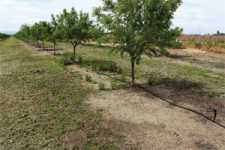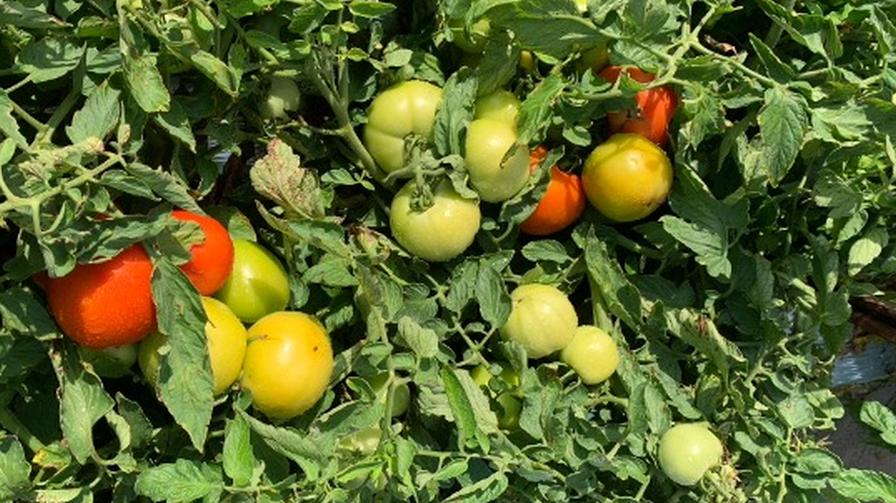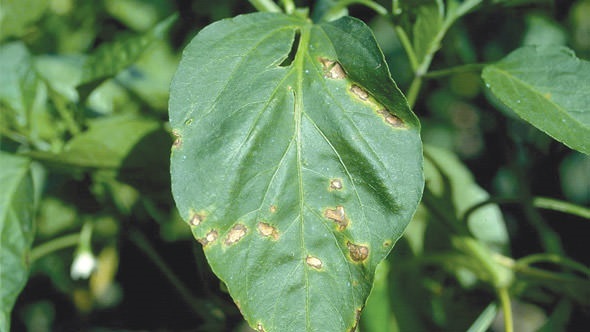Less Fumigant May Be Needed

Prunus replant disease (PRD), which has made replanting almond orchards problematic in the wake of the methyl bromide phase-out, may be controlled “with relatively little fumigant,” according to an article on the study just published in the most recent edition of California Agriculture, the University of California’s peer-reviewed journal.
Here is a synopsis of the study by USDA-Agricultural Research Service and University of California Cooperative Extension scientists. It has not yet been posted on the journal’s website.
“As much as one-third of California’s almond and stone fruit acreage is infested with potentially debilitating plant parasitic nematodes, and even more of the land is impacted by PRD, a poorly understood soil borne disease complex that suppresses early growth and cumulative yield in replanted almond and peach orchards.
“Preplant soil fumigation has controlled these key replant problems, but the traditional fumigant of choice, methyl bromide, has been phased out, and other soil fumigants are increasingly regulated and expensive.
“We tested fumigant and nonfumigant alternatives to methyl bromide in multiple-year replant trials. Costs and benefits were evaluated for alternative fumigants applied by shanks or drip in novel spot treatments that targeted tree planting sites. Short-term sudan grass rotation and prudent rootstock selection were examined as nonfumigant approaches to managing PRD.
“Trial results indicated that integrations of the treatments may acceptably control PRD with relatively little soil fumigant.”










